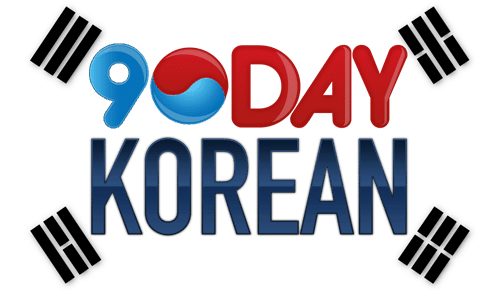It happens to us all.
Maybe you had trouble sleeping the night before.
Or you stayed up all night to study for an exam.
You might have even had to stay late at your job and work overtime!
No matter what the reason, you’ll want to learn how to say ‘I’m tired’ in Korean. That way you can properly express yourself.
We’ll show you how!
*Can’t read Korean yet? Click here to learn for free in about 60 minutes!
‘I’m Tired’ in Korean
The main verb that we’re going to use to say ‘I’m Tired’ in Korean is 피곤하다 (pigonhada). There are other phrases that also deal with tiredness, so we’ll cover those in the ‘Bonus‘ section below!
Formal ‘I’m Tired’ in Korean
1. 피곤합니다 (pigonhamnida)
This is the formal version of ‘I’m Tired’ in Korean. You might hear this in formal settings, such as at an office, in a speech, or during a news report.
Use this form to show extra respect or formality!
Standard ‘I’m Tired’ in Korean
1. 피곤해요 (pigonhaeyo)
This is the ‘go-to’ version of ‘I’m Tired’ in Korean. It’s the standard form, so you can use it with anyone. It’s the middle of the road with formality, so you will sound polite enough not to offend anyone while also not sounding too respectful.
Informal ‘I’m Tired’ in Korean
1. 피곤해 (pigonhae)
This is the form of ‘I’m Tired’ in Korean that you’ll use with close friends, significant others, and young children. It’s very informal, so use accordingly!
Bonus: Alternative ‘I’m Tired’ in Korean Phrases
1. 졸리다 (jollida)
Formal: 졸립니다 (jolimnida)
Standard: 졸려요 (jollyeoyo)
Informal: 졸려 (jollyeo)
This word means ‘to feel sleepy. ‘ You might use this while listening to a lecture or speech in a warm room when you haven’t had much sleep.
2. 지치다 (jichida)
Formal: 지칩니다 (jichimnida)
Standard: 지쳐요 (jichyeoyo)
Informal: 지쳐 (jichyeo)
This means ‘to be tired or exhausted’. You could use this to describe your feeling after you have studied for 18 hours straight for a test!
A word of caution about Romanization
We’ve added in the Romanization for all of these words to help with pronunciation. However, we recommend that you try to move onto reading comfortably in Hangul (the Korean alphabet), as this will improve your pronunciation and your reading skills. It will also help you notice patterns in words, which will lead you to improve the rate at which you learn new Korean words and grammar points.
You can download a free guide to learn the Korean alphabet in about an hour here.
Learning vocabulary words is a great way to help you learn the basics of a language, but your language learning will only really take off one you start attempting to have conversations in Korean. Take a look at our free list of Korean phrases or our full Korean course for all the help you will need when studying Korean.
Now that you know how to say ‘I’m tired’, get used to using it on those days when you just don’t have the normal energy you would need. When you use it, make sure you get a good night’s sleep the next night!
*Want more Korean phrases? Go to our Korean Phrases Page for a complete list!
 Learn to read Korean and be having simple conversations, taking taxis and ordering in Korean within a week with our FREE Hangeul Hacks series: http://www.90DayKorean.com/learn
Learn to read Korean and be having simple conversations, taking taxis and ordering in Korean within a week with our FREE Hangeul Hacks series: http://www.90DayKorean.com/learn
Korean lessons * Korean Phrases * Korean Vocabulary * Learn Korean * Learn Korean alphabet * Learn Korean fast * Motivation * Study Korean


Recent comments